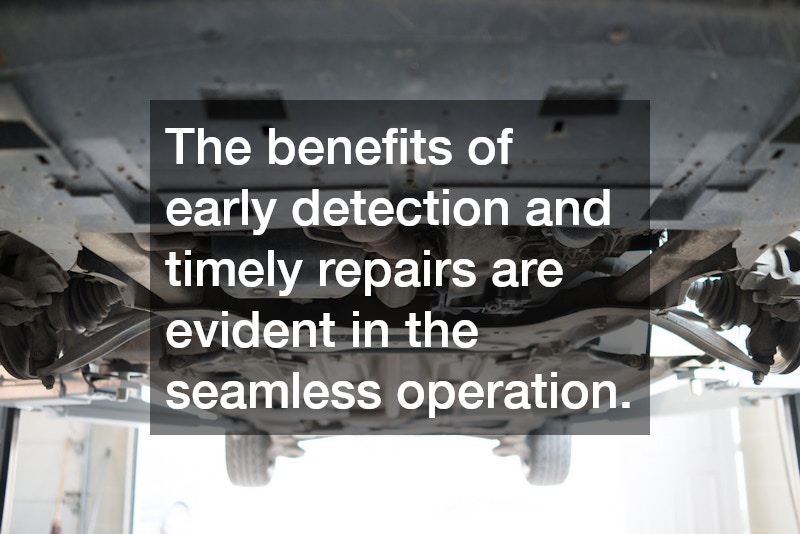The transmission repairs are a vital component of any vehicle, responsible for transferring power from the engine to the wheels. A failing transmission can drastically affect your vehicle’s performance, making it essential to address issues immediately. Ignoring transmission problems can lead to expensive repairs and potentially leave you stranded.
How can I tell if my transmission is failing?
Unusual Noises
One of the first indications of transmission trouble is the presence of unusual noises. Grinding or whining sounds when the vehicle is in gear can signal worn-out gears or bearings. Clunking noises may suggest loose components that require immediate attention to prevent further damage.
These noises often become more pronounced as the problem worsens, especially when accelerating or turning. It is crucial to have a professional inspect these sounds to determine whether the transmission is the culprit. Ignoring such auditory signs can escalate the damage, leading to costly repairs.
In some cases, the noise may not be directly connected to internal transmission components but could indicate issues with related parts. For example, the drivetrain or differential might be experiencing wear. Consulting a mechanic will help identify the exact source of the noise and guide appropriate corrective measures.
Shifting Issues
Transmission failure can also manifest as shifting issues, where the vehicle has trouble changing gears smoothly. Drivers may experience a delay or hesitation when the vehicle shifts, indicating potential transmission slippage. Another sign can be if the vehicle unexpectedly shifts without driver input, which can be dangerous and requires immediate attention.
These issues often signal a problem with the transmission fluid, which might be old, burnt, or contaminated. Low fluid levels can also be a cause, as they reduce hydraulic pressure essential for smooth gear changes. Regular transmission fluid checks and changes can help mitigate these shifting problems.
If left untreated, shifting issues can result in further damage, potentially affecting the engine and other vehicle systems. Keeping up with maintenance schedules and addressing shifting issues promptly can minimize wear and prolong the transmission’s lifespan. Ensuring that the transmission fluid is in good condition can often resolve minor shifting issues.
What should I do if I suspect transmission problems?
Consult a Professional Mechanic
If you suspect transmission trouble, consulting a professional mechanic should be your first step. Professional mechanics have the tools and expertise to accurately diagnose transmission issues and suggest appropriate repairs. An early diagnosis can save you from costly repairs and extensive maintenance in the future.
A thorough inspection can identify minor issues that can be quickly resolved, preventing them from becoming significant problems. Certified mechanics use specialized equipment to test transmission performance, ensuring repairs are necessary and accurate. Prompt attention from professionals can restore your vehicle’s performance efficiently and effectively.
Mechanics can also provide insight into preventive measures to avoid future transmission troubles. Regular checkups can catch minor wear or fluid issues before they lead to major failures. Investing in professional maintenance ensures your vehicle maintains its reliability and extends its lifespan.
Do Not Ignore the Symptoms
Ignoring symptoms of transmission trouble can lead to extensive damage and costly repairs. Early detection and intervention are crucial in preventing minor issues from becoming catastrophic failures. Addressing symptoms promptly, such as unusual noises or fluid leaks, can save you considerable time and money.
Many drivers continue to operate vehicles despite warning signs, hoping the issues will resolve themselves. This naive approach often results in further damage, requiring more comprehensive repairs. Immediate action and repairs can prevent significant inconveniences and improve your vehicle’s safety and longevity.
By maintaining a proactive approach to vehicle repair and maintenance, you can avoid unexpected breakdowns. Awareness of your vehicle’s condition and timely responses to symptoms extend its lifespan and performance. Prioritizing repairs ensures your vehicle remains reliable and safe for daily operation.
Regular Maintenance
Regular maintenance is vital to ensure your vehicle’s transmission remains in good working condition. Scheduled maintenance, including fluid changes and system inspections, can help identify potential issues before they escalate. Preventive care minimizes wear and tear on transmission components, extending their operational life.
Many transmission problems are avoidable with simple maintenance routines that keep fluid levels in check and components lubricated. Following the manufacturer’s recommended service schedule helps maintain vehicle performance and reliability. Consistent maintenance checks can prevent unexpected transmission issues, safeguarding against costly repair expenses.
Incorporating regular transmission checkups into your vehicle maintenance plan is a smart investment. Such proactive measures ensure that minor problems are fixed promptly and the transmission remains efficient. Prioritizing regular maintenance can enhance fuel efficiency, performance, and the overall driving experience.
Recognizing early signs of transmission trouble and addressing them promptly is essential for maintaining your vehicle’s performance and longevity. Ensuring the health of your transmission prevents costly repairs and enhances vehicle reliability. Regular inspections and maintenance are key strategies in extending the lifespan of your vehicle’s transmission.
The benefits of early detection and timely repairs are evident in the seamless operation and efficiency of your vehicle. Taking preventative action protects your investment and ensures a safe and enjoyable driving experience. By prioritizing transmission care, you safeguard one of your vehicle’s most critical components.
Maintaining an awareness of potential transmission issues and addressing them quickly can save you from major setbacks. Engaging professional services for diagnosis and repair ensures the necessary expertise is applied. With these strategies, your vehicle can remain reliable and efficient for years to come.

